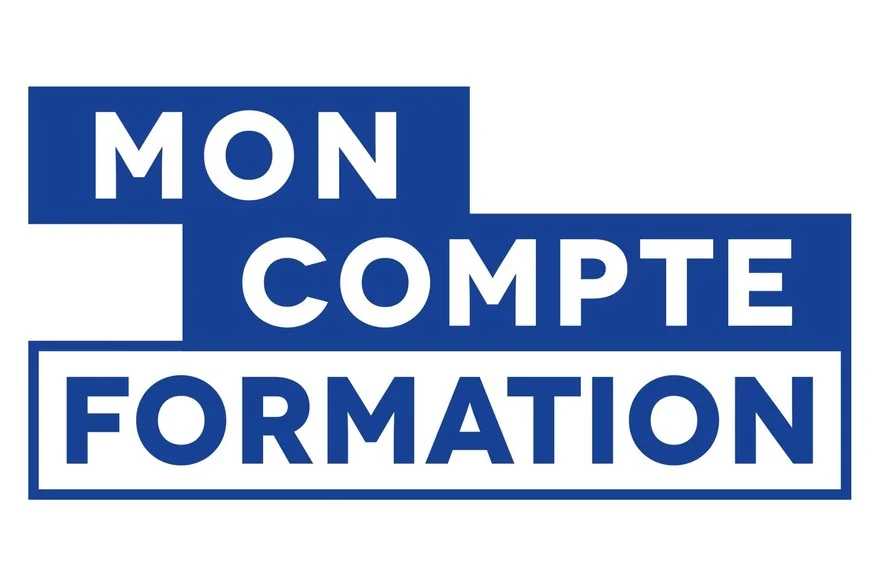Plaisir d échanger en Anglais
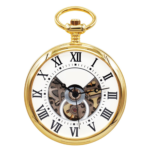
9 minutes de lecture
SOMMAIRE
Sommaire
Présent simple

Verbe avoir en anglais
| Personne | Forme affirmative | Exemples | Forme négative | Exemples | Forme interrogative |
|---|---|---|---|---|---|
| I (je) | have | I have a lot of work to do. | not have | I do not have any plans for the weekend. | (utilisation rare) |
| You (tu) | have | You have a beautiful voice. | not have | You do not have to worry about it. | (utilisation rare) |
| He/She/It (il/elle/on) | has | He has a new car. | does not have | She does not have enough experience for the job. | (utilisation rare) |
| We (nous) | have | We have a meeting at 2 PM. | not have | We do not have any milk in the fridge. | (utilisation rare) |
| You (vous) | have | You have great taste in music. | not have | You do not have to come if you don’t want to. | (utilisation rare) |
| They (ils/elles) | have | They have three children. | not have | They do not have the information we need. | (utilisation rare) |
Passé simple
Verbe avoir en anglais
| Personne | Forme affirmative | Exemples | Forme négative | Exemples | Forme interrogative | Exemples |
|---|---|---|---|---|---|---|
| I (je) | had | I had a great time at the party. | did not have / didn’t have | I did not have enough money. | Did I have ? | Did I have a meeting today? |
| You (tu) | had | You had a lot of homework to do. | did not have / didn’t have | You did not have any trouble with the test. | Did you have ? | Did you have lunch already? |
| He/She/It (il/elle/on) | had | He had a headache yesterday. | did not have / didn’t have | She did not have the book with her. | Did he/she/it have ? | Did it have a tail? |
| We (nous) | had | We had a fantastic trip to Paris. | did not have / didn’t have | We did not have enough tickets for everyone. | Did we have ? | Did we have practice today? |
| You (vous) | had | You had a wonderful performance last night. | did not have / didn’t have | You did not have to wait for us. | Did you have ? | Did you have fun? |
| They (ils/elles) | had | They had a big argument. | did not have / didn’t have | They did not have any plans for the weekend. | Did they have ? | Did they have any questions? |

Futur simple

Verbe avoir en anglais
Voici le tableau de conjugaison du verbe « to have » (avoir) au futur simple en anglais :
| Personne | Forme affirmative | Exemples |
|---|---|---|
| I (je) | will have | I will have dinner with my family tonight. |
| You (tu) | will have | You will have a lot of fun at the party. |
| He/She/It (il/elle/on) | will have | He will have his birthday next week. |
| We (nous) | will have | We will have a meeting tomorrow morning. |
| You (vous) | will have | You will have plenty of time to finish your work. |
| They (ils/elles) | will have | They will have a picnic in the park on Sunday. |
Quelques exemples d’utilisation :
I will have dinner with my family tonight.
- Je dînerai avec ma famille ce soir.
You will have a lot of fun at the party.
- Tu t’amuseras beaucoup à la fête.
Au subjonctif
Verbe avoir en anglais
| Personne | Conjugaison au subjonctif | Exemple d’utilisation |
|---|---|---|
| I | have | It’s important that I have enough time to finish the project. |
| You | have | I suggest that you have a backup plan just in case. |
| He/She/It | have | It’s crucial that he have all the necessary documents. |
| We | have | The teacher insisted that we have our homework completed by Monday. |
| You | have | It’s required that you have a valid ID to enter the building. |
| They | have | The manager suggested that they have a meeting to discuss the new project. |

A l'imparfait

Verbe avoir en anglais
| Personne | Conjugaison à l’imparfait | Exemple d’utilisation |
|---|---|---|
| I | had | When I was young, I had a toy train. |
| You | had | You had a beautiful garden in your backyard. |
| He/She/It | had | She had a lovely singing voice. |
| We | had | We had picnics in the park every Sunday. |
| You | had | You had a passion for cooking. |
| They | had | They had a lot of friends when they lived in the city. |
Au conditionnel présent
| Personne | Conjugaison au conditionnel présent |
|---|---|
| I | would have |
| You | would have |
| He/She/It | would have |
| We | would have |
| You | would have |
| They | would have |
Exemples d’utilisation :
- I would have helped you if you had asked.
- You would have passed the exam if you had studied more.
- He would have gone to the party if he hadn’t been sick.
- We would have traveled to Europe last summer if it hadn’t been for the pandemic.
- You would have won the game if you had practiced harder.
- They would have arrived on time if there hadn’t been traffic.

UN BILAN D'ANGLAIS GRATUIT,
CA VOUS DIT ?
Nos coachs diplômés vous invitent à l’un de nos ateliers gratuits afin d’élaborer une stratégie d’apprentissage complètement personnalisée !
Prêt à avoir un meilleur niveau d’anglais ? Let’s go !
FORMEZ VOUS À L'ANGLAIS
RAPIDEMENT ET MIEUX !
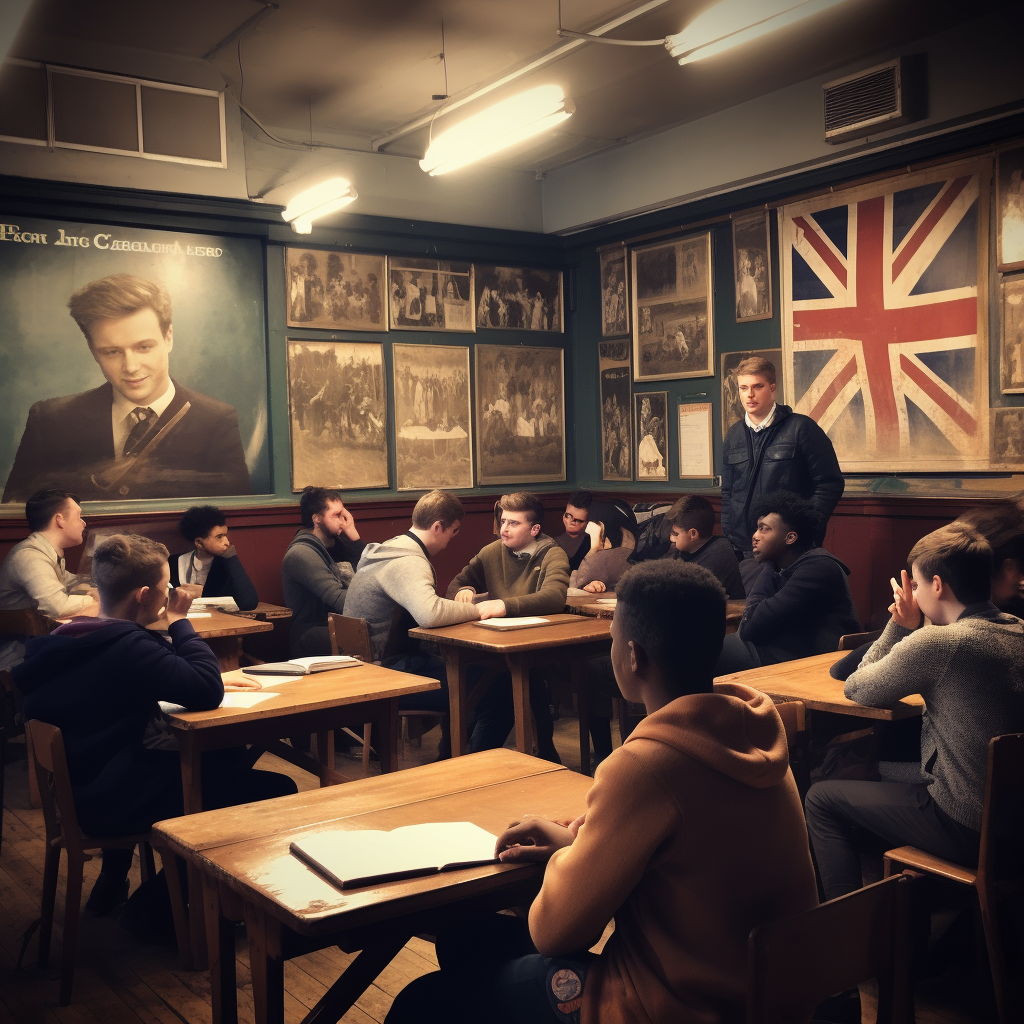
Découvrez l’importance des jours de la semaine en anglais avec le Cabinet Action !
On vous accompagne dans l’apprentissage de cet outil pour maîtriser la langue anglaise.

Découvrez comment renforcer vos connaissances dans le domaine linguistique avec nos ressources spécialisées.
Le Cabinet Action vous accompagne !
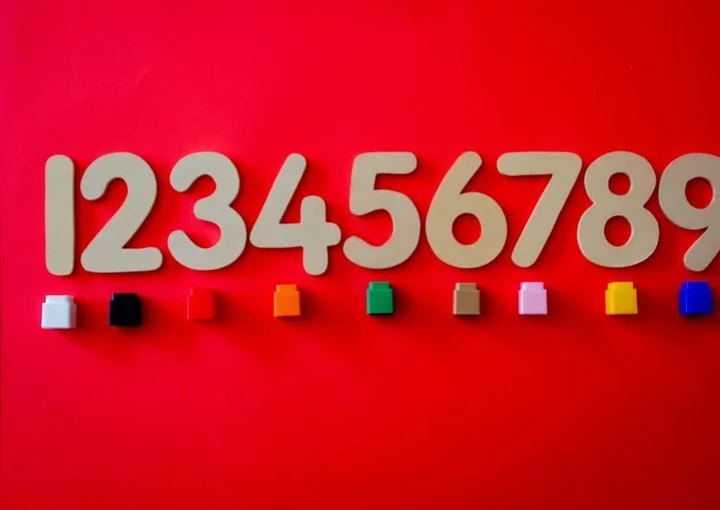
Explorez notre guide pour maîtriser les verbes irréguliers de base et avancés en anglais.
Que ce soit pour les affaires, les voyages ou la vie quotidienne.
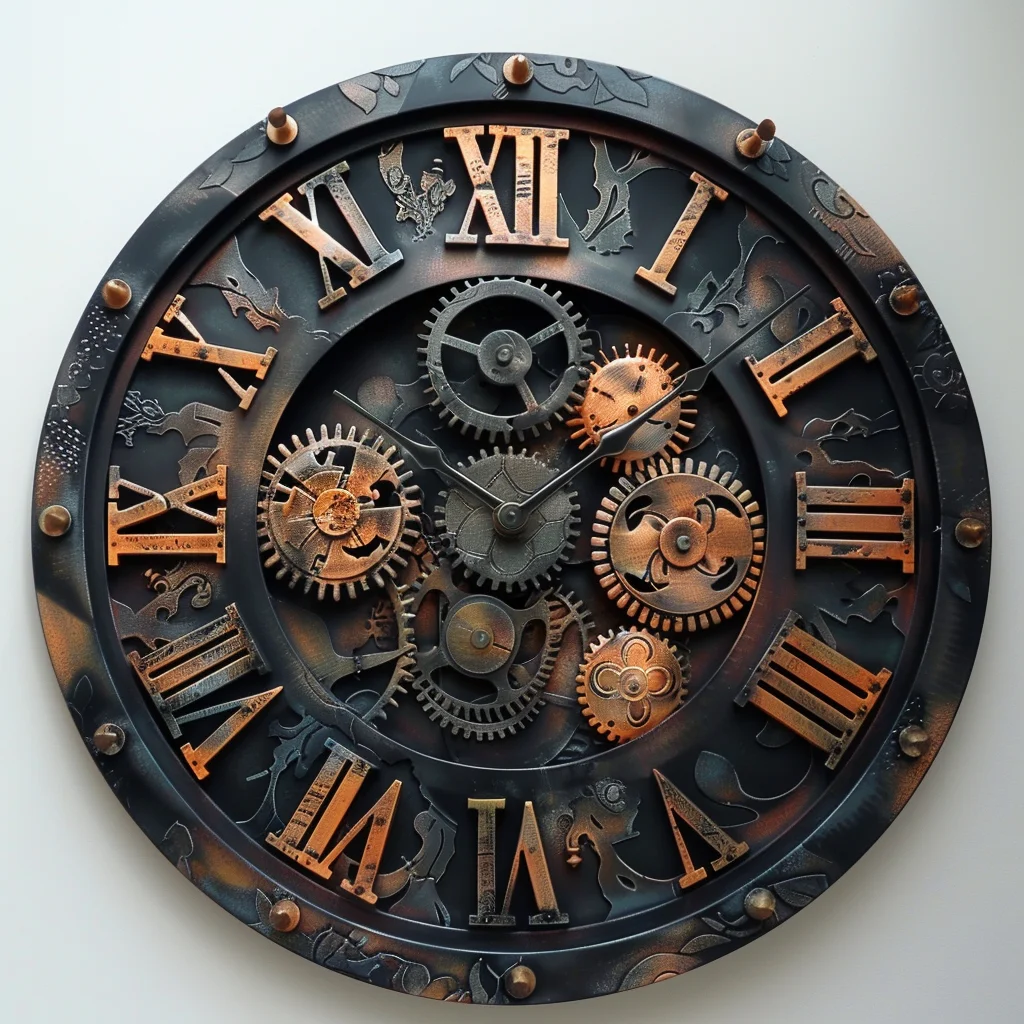
Explorez le Pouvoir des Notations AM et PM en Anglais avec le Cabinet Action.
Découvrez comment ces petites abréviations temporelles peuvent faire une grande différence dans la clarté et la précision de votre communication écrite et orale. Maîtriser l’utilisation correcte de AM et PM vous permettra de briller dans tous les aspects de votre vie professionnelle et personnelle.
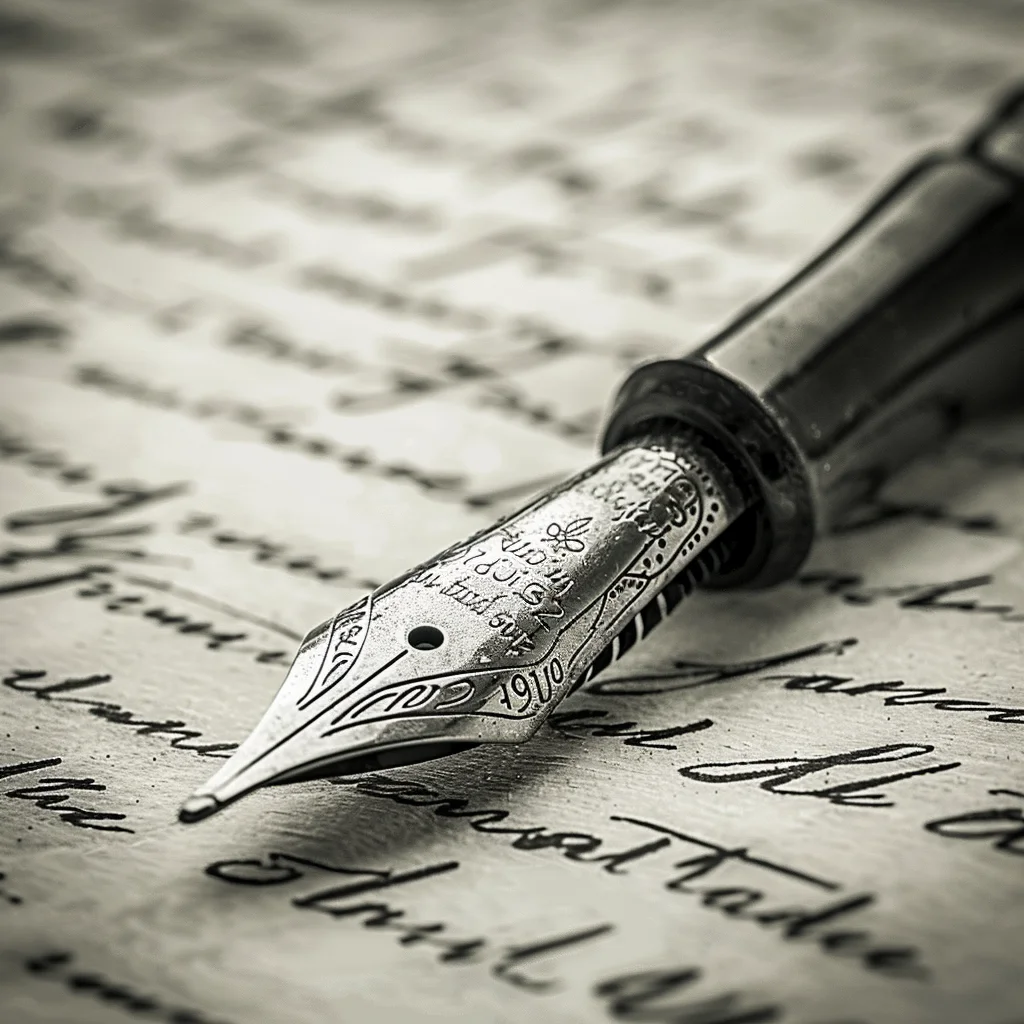
Bienvenue au Cabinet Action, où nous explorons l’importance des 500 mots essentiels à connaître en anglais et comment ils peuvent transformer votre maîtrise de la langue pour atteindre de nouveaux sommets dans votre vie personnelle et professionnelle.

Découvrez les 19 manières uniques de dire « de rien » en anglais avec le Cabinet Action, explorant ainsi les nuances de la gratitude et de la générosité dans la langue anglaise pour enrichir vos interactions et exprimer votre reconnaissance de manière authentique.
Anglais british
L’anglais britannique, c’est une symphonie d’accents distincts, de l’élégance londonienne au charme écossais. Les termes uniques, comme « lorry » pour camion, ajoutent une couleur captivante à cette danse linguistique britannique.
Anglais australien
En Australie, l’anglais brille avec des accents régionaux, comme l’accent australien standard, et charme avec des termes uniques, comme « ute » pour utilitaire. C’est une aventure linguistique où chaque mot a son propre accent.
Anglais indien
En Inde, l’anglais prend des accents uniques influencés par les langues locales. Le vocabulaire, riche et coloré, offre des termes comme « kurta » pour un style vestimentaire masculin traditionnel, créant une fusion linguistique vibrante.
Anglais américain
Aux États-Unis, l’anglais est une symphonie d’accents régionaux, du Southern drawl au Midwest. Les différences de vocabulaire ajoutent une touche pétillante, avec des « apartments » et des « cookies » qui donnent une cadence unique à la langue américaine.
Anglais canadien
Au Canada, l’anglais danse entre des influences britanniques et américaines. Les accents régionaux, avec le « Canadian raising » en prime, apportent une symphonie linguistique unique. Les termes comme « toque » pour bonnet ajoutent une touche canadienne à cette expérience linguistique.
Anglais sud-africain
En Afrique du Sud, l’anglais partage la scène avec l’afrikaans et le zoulou. Un mélange unique d’influences linguistiques crée un anglais sud-africain vibrant, enrichi de mots empruntés à ces langues voisines.





